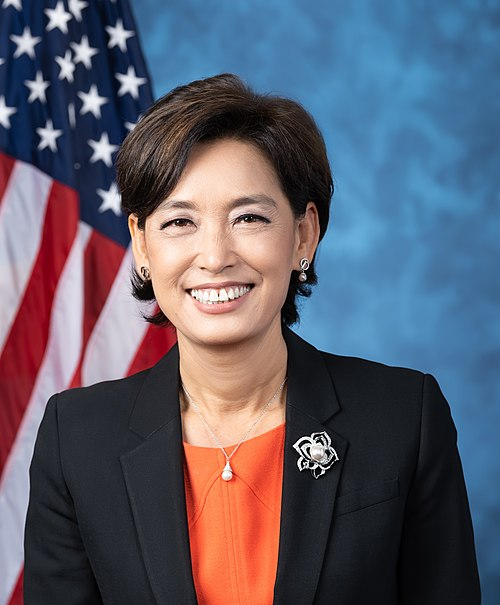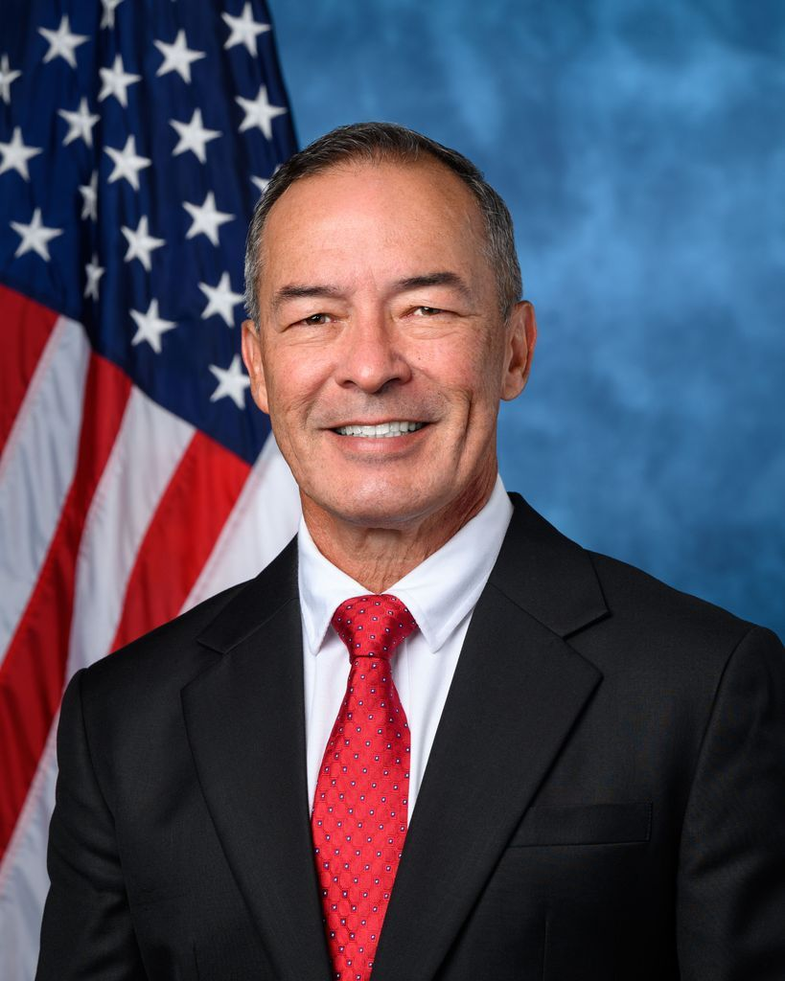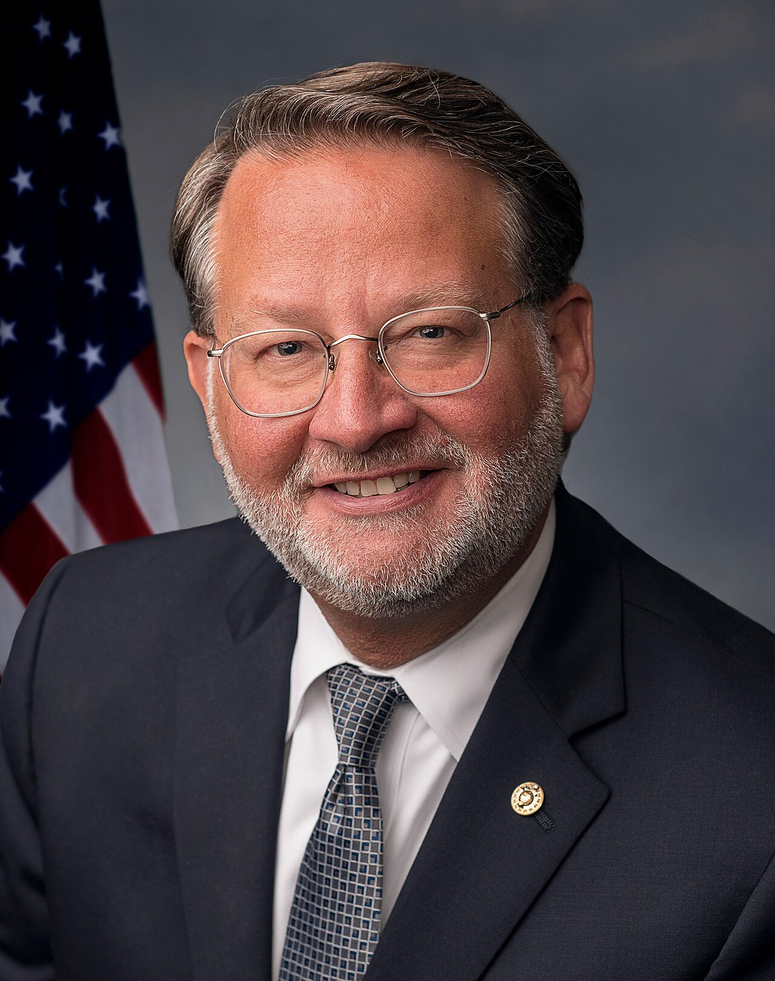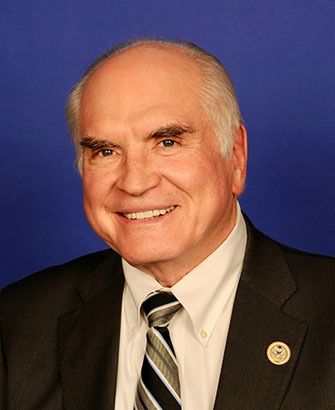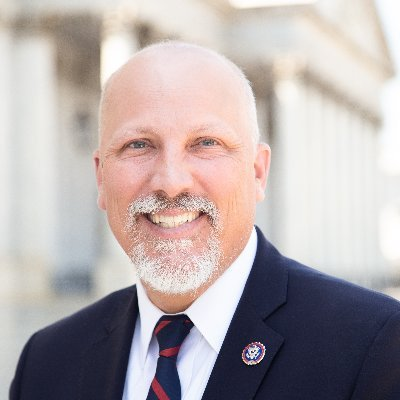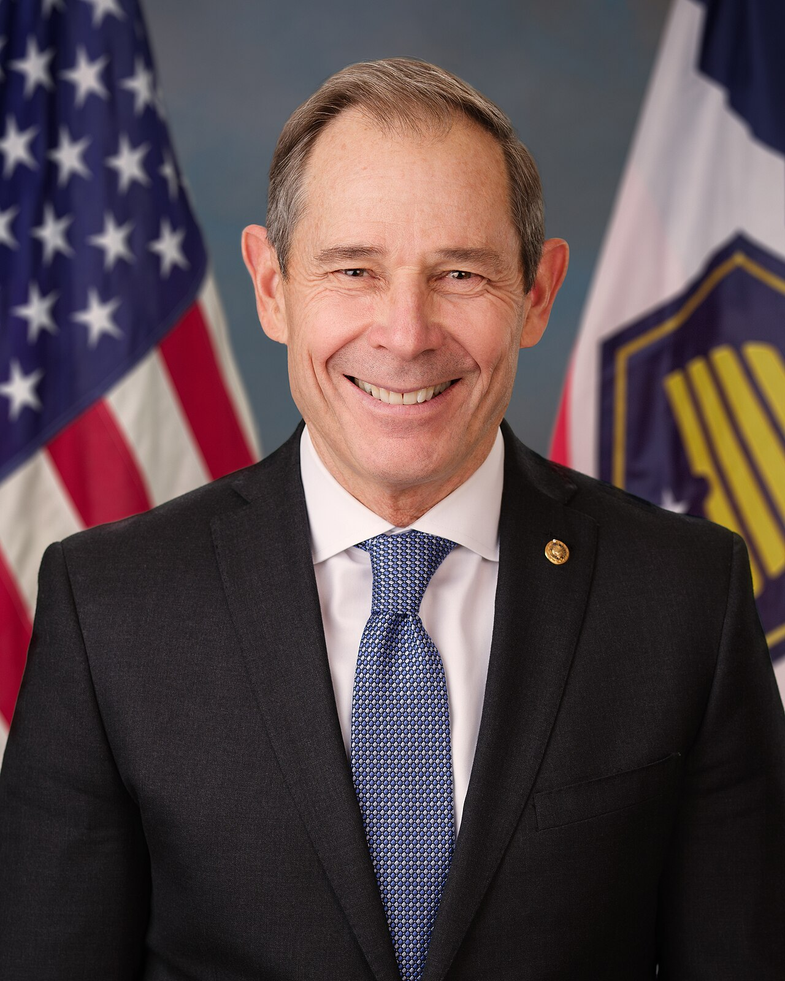H.R. 5248: To ensure the alignment of economic and foreign policies, to position the Department of State to reflect that economic security is national security, and for other purposes.
This bill, known as H.R. 5248, proposes to strengthen the relationship between the United States' economic and foreign policies by establishing new positions and responsibilities within the Department of State aimed at enhancing national economic security. Below are the key aspects of the bill:
Establishment of New Positions
- Under Secretary for Economic Affairs: This position will oversee matters related to economic growth, commercial expansion, energy policy, technology, scientific research, and the management of natural resources. This role will focus on ensuring economic interests are integrated into foreign policy.
- Chief Economist: A Chief Economist will be established to analyze economic trends related to diplomatic functions and national security priorities. This role includes providing research to support foreign policies and strategies that align with U.S. economic interests.
- Assistant Secretaries for Various Domains:
- Commercial Diplomacy: Responsible for trade and investment promotion, assisting U.S. businesses abroad, and negotiating trade agreements.
- Energy Security and Diplomacy: Focused on international energy policies and protecting U.S. energy interests.
- Sanctions Policy: Responsible for developing and coordinating U.S. sanctions strategies in conjunction with foreign partners.
- Water, Environment, and Space Affairs: Oversees policies related to environmental quality, fisheries, and space affairs in international contexts.
Responsibilities and Coordination
The Under Secretary for Economic Affairs and the newly created positions will be responsible for:
- Preparing strategic plans to promote U.S. private sector expansion in foreign markets.
- Developing policies that promote economic growth and market access in international markets.
- Coordinating sanctions to meet national security objectives and leading U.S. leadership in science, technology, and environmental protection.
- Addressing complex economic issues and developing strategies to secure access to critical minerals and energy markets.
- Enhancing cooperation between subnational governments and foreign entities to attract foreign investment and manage shared resources.
Funding Authorization
The bill authorizes funding for the new roles established under its provisions, ensuring that necessary resources are allocated for effective implementation for fiscal years 2026 and 2027.
Reports and Oversight
The Chief Economist is tasked with submitting reports to Congress on the international economic strategy and its analytical basis every two years. Similarly, the Assistant Secretary for Energy Security and Diplomacy will provide annual reports regarding the U.S. international energy strategy for three years post-implementation of the bill.
Relevant Companies
- XOM (ExxonMobil): The energy policies and initiatives promoted under the bill could directly impact ExxonMobil, especially regarding international energy market access and critical minerals supply chains.
- CVX (Chevron): Similar to ExxonMobil, Chevron's operations may be influenced by new trade agreements and energy security policies developed through this bill.
- SLB (Schlumberger): As a company focusing on energy technology and solutions, Schlumberger may be impacted by advancements and policies related to technology and energy sectors under this legislation.
This is an AI-generated summary of the bill text. There may be mistakes.
Sponsors
3 bill sponsors
Actions
2 actions
| Date | Action |
|---|---|
| Sep. 10, 2025 | Introduced in House |
| Sep. 10, 2025 | Referred to the House Committee on Foreign Affairs. |
Corporate Lobbying
0 companies lobbying
None found.
* Note that there can be significant delays in lobbying disclosures, and our data may be incomplete.
